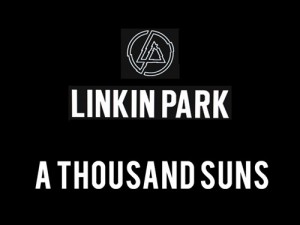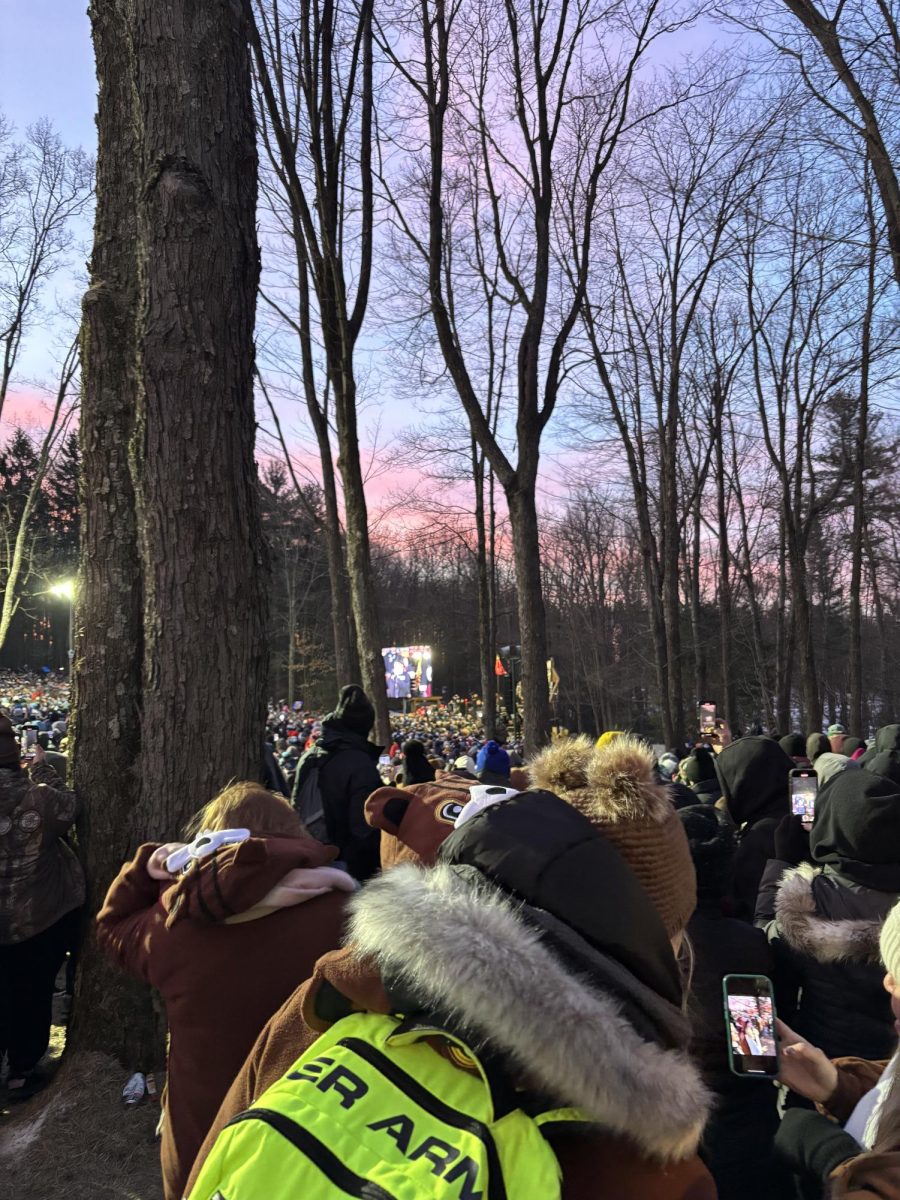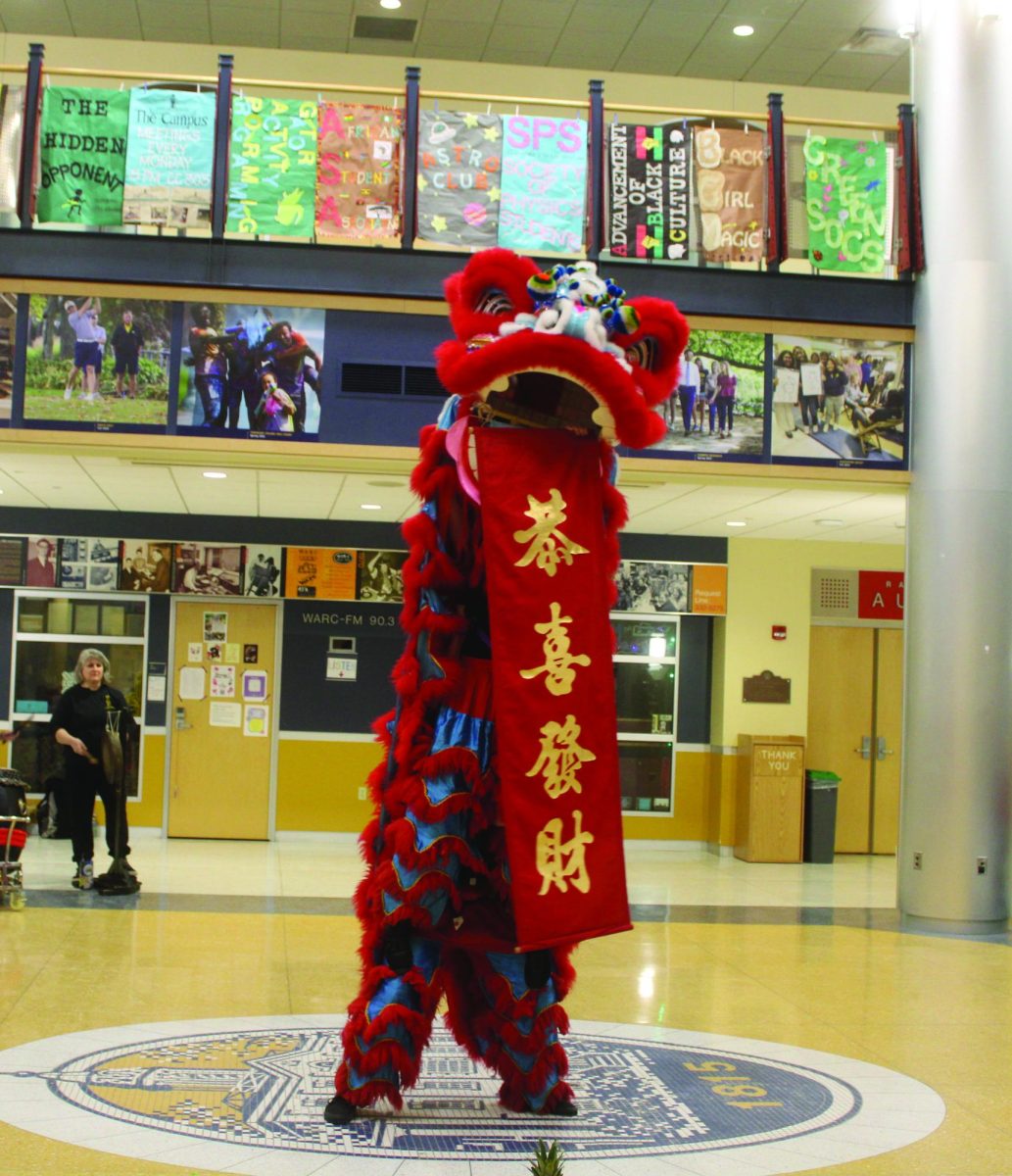When I heard about Linkin Park’s newest album, “A Thousand Suns,” I was skeptical, remembering the disappointment of “Minutes.” Nevertheless I gave it a shot, curious and nostalgic. I am happy to say that “A Thousand Suns” is a well-crafted album that does not disappoint.
In middle school, I found that the majority of music listeners could be divided into two main camps: people who listened to Britney Spears, and people who listened to Linkin Park. I mostly associated with the latter camp. Linkin Park’s nu-metal, rap-rock angst captivated a generation of prepubescent kids; even now, I have friends who can sing the entirety of “Crawling” or “In the End.”

Then came the agonizing four-year hiatus between LP’s sophomore album “Meteora,” and 2007’s “Minutes To Midnight.” This period gave many devout listeners a chance to branch out and discover other artists. While some fans remained absolutely loyal, LP dropped out of favor with many others. The lackluster pace and pop-rock mindset of “Minutes to Midnight” seemed to be the final nail in the coffin.
“A Thousand Suns,” however, may reel in some of the band’s straying followers. Their newest effort is a concept album about nuclear holocaust, which is not surprising considering Mike Shinoda’s Japanese heritage, something he has sung about before. What was surprising to me, were the overt political statements made throughout the album. The album has many musical interludes between songs that feature bits and pieces of political speeches from political figures throughout U.S. history such as Martin Luther King Jr., J. Robert Oppenhiemer and Mario Savio. The clips are used in a very artistic manner, almost akin to the kinds of interludes from underground political rap.
While the lyrics are just as silly as they were in their early material, the source of their angst seems to have shifted from the always-unnamed “You” to “The Machine.” This shift is not something I saw coming, but I’m not complaining. At the same time, though, the concept album seems to have choked out some of the raw emotionality of the lyrics that really defined their original work.
In the music itself, the spirit of Linkin Park is intact. “A Thousand Suns” feels like a natural evolution of what they did musically with “Hybrid Theory” and “Meteora.”
Throughout the album, genres are mashed together. Yes, there are pop-rock elements in the mix and the blasting guitars have been toned down a bit, but it’s done very tastefully. Most of the songs feature piano and electronic beats layered with live drums, especially “Burning in the Skies,” “Robot Boy” and the ballad “Iridescent.”
The band’s DJ, Mr. Hahn, plays a bigger role on this album providing some cool mixing and scratching on “Blackout” and “Wretches and Kings.” Other songs, such as the rumbling “When They Come For Me” and the album’s first single, “The Catalyst,” evoke memories of classic LP.
The band is not always successful with their genre mashing, however. “Waiting for the End” is awkwardly bookended by Shinoda’s rapping and riffing guitars, while the entirety of the middle is a fluffy melodramatic mess, crooned by screamer Chester Bennington. The album closer, “The Messenger,” is also a bit awkward. It’s an acoustic piece with a super-clichéd chord progression, piano, and Bennington belting out really bad lyrics. But hey, these guys are experimenters, and experiments sometimes fail.
If you were ever a fan of LP and occasionally pull out their back-catalogue, check this new album out; it’s worth a listen. On the other hand, if you’re expecting another “Hybrid Theory,” be prepared for disappointment. Linkin Park is growing up and this isn’t middle school anymore.






